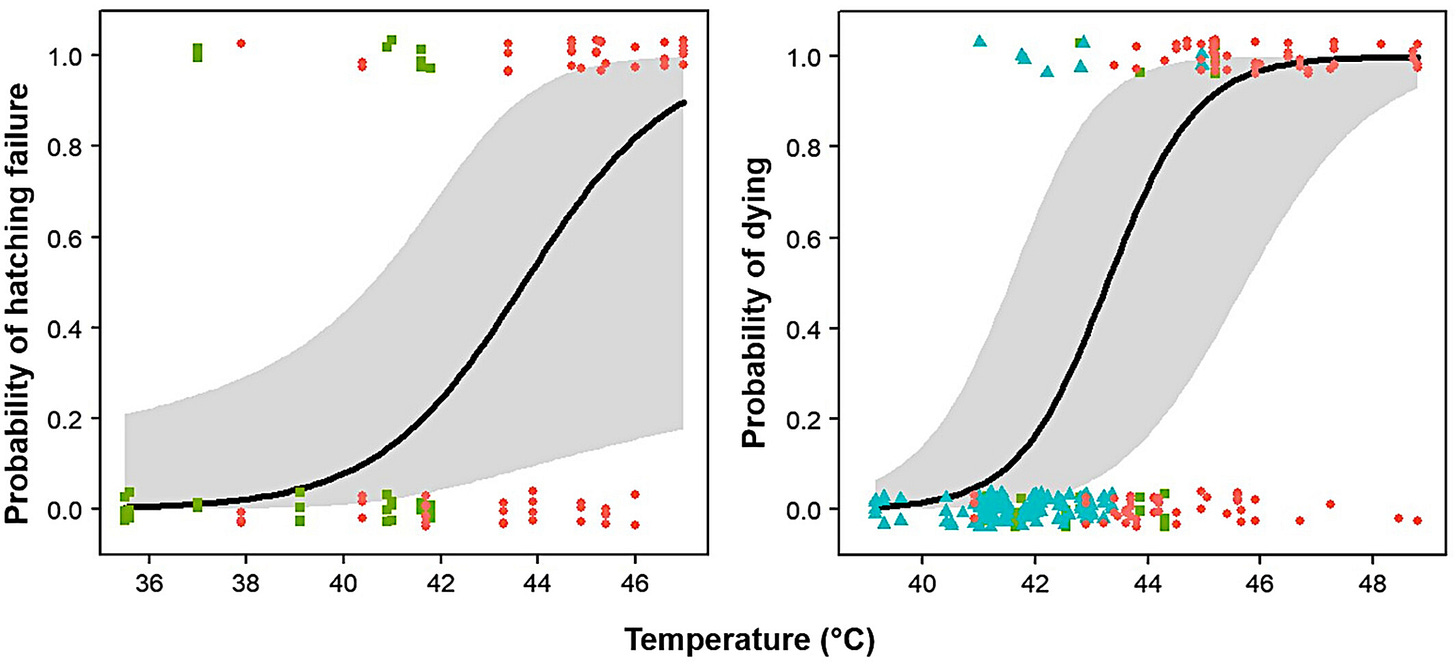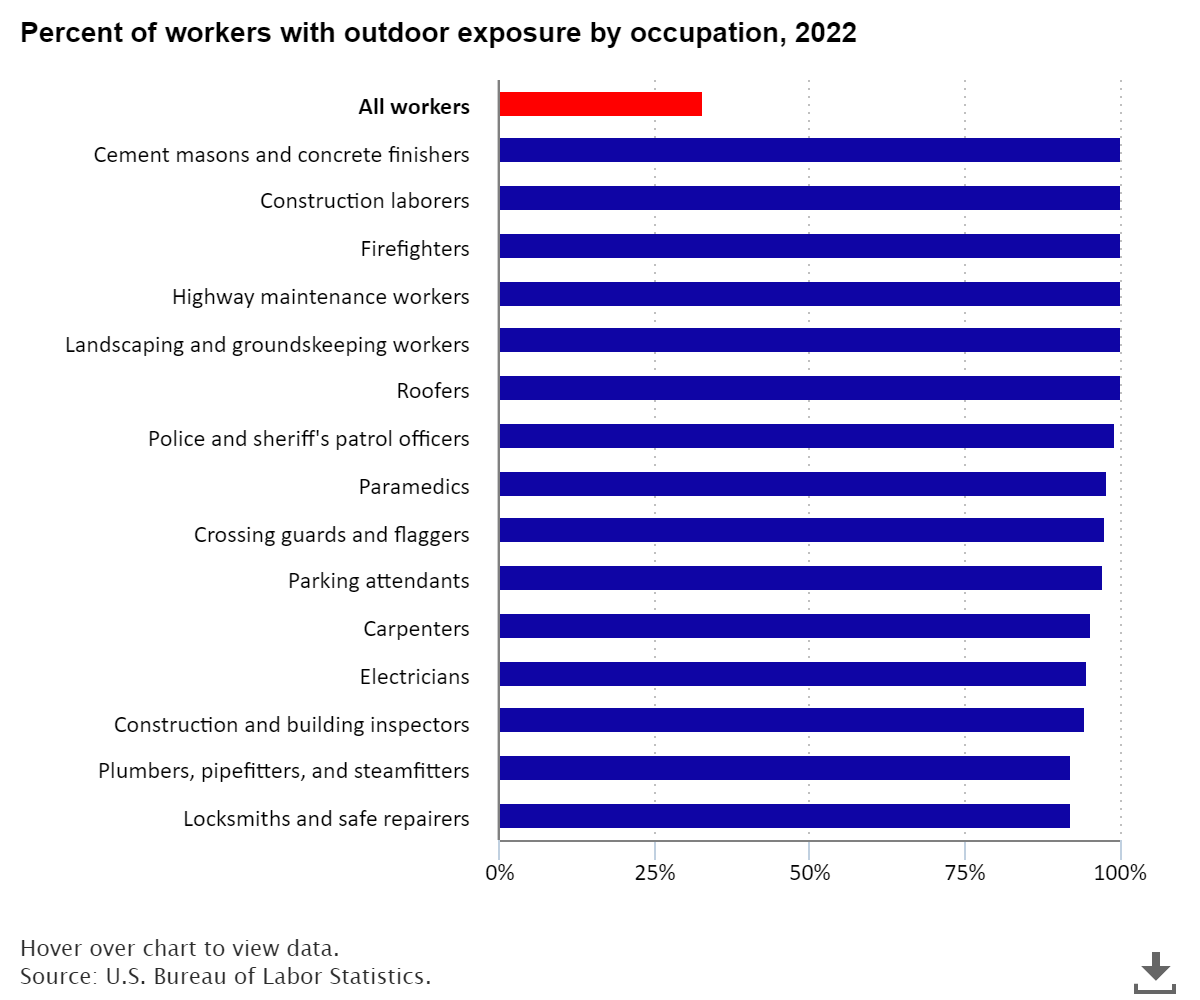Quick Takes and Random Stuff Sept 7, 2023
Bad analysis, education and privilege, energy and climate, the spinning cd and more
Correction: Yeesh, 1 billion a year divided by 100 is 10 million a year. That has been fixed below.
Stories that contradict themselves
I need some clever taglines (leave some ideas in the comments) for articles like the Washington Post’s This Labor Day, banish the ‘lazy girl’ myth. Here are two excerpts and one of their graphs:
This summer, headlines and TikTok videos proclaimed that all Gen Z wants are “lazy girl jobs” where they can “quiet quit” and are allowed “bare minimum Mondays” at home in their pajamas, spent messaging friends and snacking.
Ignore this. It’s not based in reality.
and
Contrary to popular belief, younger people are also eager to work. Labor force participation among 16- to 24-year-olds has fully recovered from the pandemic, and participation among teens in the past year has been the highest since 2009.
and now their graph:
The second quote is a true statement, and yes, Gen Z employment has gone up. But come on, in 2010, their employment rate was 25%. Did they have anywhere to go but up? Now we should be excited because they are up to 33%? Before 2000, the employment-to-population ratio for this age group never got that low and only once got close. What drove this “desire to work?”
There’s a key reason Americans are flocking back to work: rising pay.
I don’t agree with the spin of this article. If Gen Z had at least broken the 40% mark, then maybe there would be a case. Moreover, I’m willing to bet that a large portion of these Gen Z workers are doing so because they are poor and need to work. Show me a graph of the employment ratio by parental income, and then convince me that this generation is eager to work. Also, just because they are working doesn’t mean they aren’t doing the “bare minimum Mondays.”
On education and privilege
From one of my favorite writers, William Deresiewicz. Here is the last paragraph of Check You Privilege:
Look, almost no one does the things I just suggested. I’m from a comfortable family, and I sure as hell didn’t do them. But if you aren’t going to do them, then at least have the decency to cut the crap about other people’s “privilege,” which is just a way of distracting yourself from your own. You’re all privileged, you golden youth. Be grateful. Be humble. Be real.
Still burning coal
Two key excerpts from G20 per capita coal emissions growing: research (9/5/2023)
The group, whose leaders meet in New Delhi this weekend, accounts for 80 percent of global power sector emissions.
But in talks in July, it failed to agree that global emissions should peak by 2025 or to massively ramp up renewable energy use.
Between 2015 and 2022, per capita G20 coal emissions rose nine percent, according to the research published Tuesday by Ember, an energy think-tank that pushes for renewable power.
and
"Growing wind and solar are helping to reduce coal power emissions per capita in many countries, but it's not enough yet to keep pace with rising electricity demand in most emerging countries," the report warned.
So far, renewables are largely adding energy and not replacing fossil fuel energy. Part of this is due to poorer countries wanting a higher standard of living and, hence, using more energy.
Renewable energy growth
To follow up on the previous quick take, here are two graphs from Renewables will be world’s top electricity source within three years, IEA data reveals (2/8/2023). The first one can be easily deceiving if one does not pay attention to the fact that this is a change in electricity generation. Still, almost all growth is projected to be from renewables, with little change from gas and coal.
The second graph here offers comparable data but also shows the overall output from each source.
Keep in mind that this is just electricity and not total energy consumption. Still, from a CO2 standpoint, renewable energy growth is good, as it has at least slowed some fossil fuel growth, as seen in these graphs. The world still wants more energy, which is not surprising since the population is still growing and poor countries want to live better. But again, I return to one of my main points. We are still emitting more CO2, and that means more warming. How do we, as humans, adapt to this reality?
How many may die from climate change?
One answer is in the headline: Climate-changing human activity could lead to 1 billion deaths over the next century, according to new study (8/28/2023).
"Global warming is a matter of life or death for a billion people. Almost everyone agrees that every human life is valuable, independent of age, cultural or racial background, gender or financial resources. Therefore, the energy transition will have to change much, much faster, starting now."
There are two points to make here. First, the 1 billion number is over 100 years. This sounds a lot scarier than 10 million each year. Second, and I realize that this may be harsh, this isn’t enough for anyone to notice. Now, let’s put this 10 million a year in context, which the article doesn’t. Here are the historic and projected yearly numbers of deaths:
If this graph were shifted up by 10 million, it would look a bit different but not huge. My point here is not to be callous but to suggest that this type of metric and rhetoric won't get anyone to change their habits, even when the article did their best to not provide context and to aggregate deaths over 100 years to put forward a scarier number. (Note: Correction made. I originally said 1 million a year when it is 10 million a year. The point doesn’t change much.)
Does a couple of degrees matter?
It does for the lesser kestrel (Falco naumanni). The graph here is from the paper Experimental nest cooling reveals dramatic effects of heatwaves on reproduction in a Mediterranean bird of prey. Notice in the graph on the right how the probability of dying increases from a maximum nest temperature of 42 to 44 degrees Celsius.

What jobs are exposed to the outdoor elements?
The BLS summarizes jobs that are exposed to the outdoor elements (8/22/2023). It must be in response to the record summer heat. Here is the first of a few charts and data:
To me, there is one glaring omission in this write-up. There is no mention that these are predominately male occupations.
The spinning cd
This one is almost a decade old but new to me. Melody by Taylor Mills
One more day until the weekend. Enjoy.
Please share and like
Please help me find readers by forwarding this article to your friends (and even those who aren't your friends), sharing this post on social media, and clicking like. If you're on Twitter, you can find me at BriefedByData. If you have any article ideas, feedback, or other views, please email me at briefedbydata@substack.com.
Thank you
In a crowded media market, it's hard to get people to read your work. I have a long way to go, and I want to say thank you to everyone who has helped me find and attract subscribers.
Disagreeing and using comments
I'd rather know the truth and understand the world than always be right. I'm not writing to upset or antagonize anyone on purpose, though I guess that could happen. I welcome dissent and disagreement in the comments. We should all be forced to articulate our viewpoints and then change our minds when we need to, but we should also know that we can respectfully disagree and move on. So, if you think something said is wrong or misrepresented, then please share your viewpoint in the comments.







